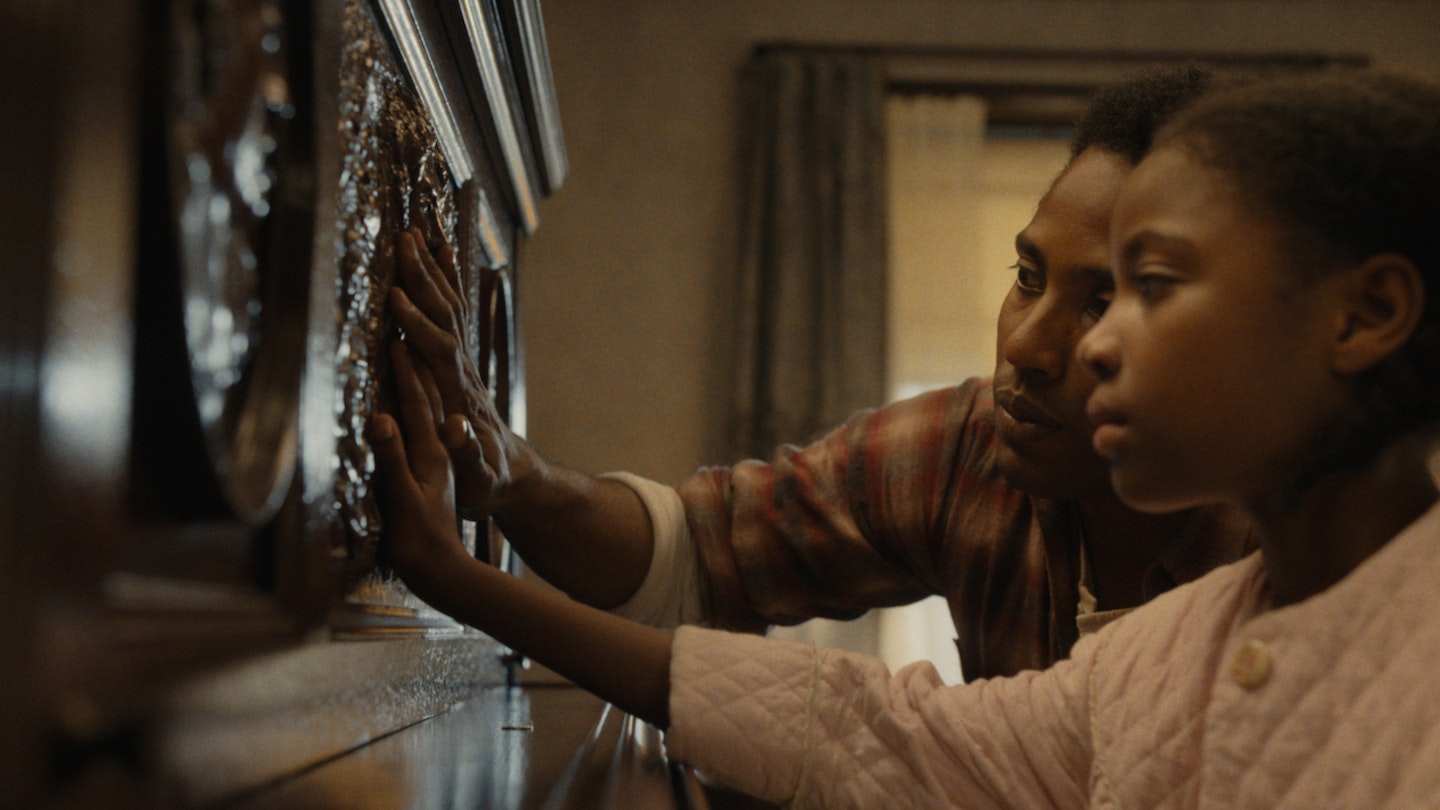Play-to-film adaptations can often flourish thanks to the little tricks and turns that only the silver screen can provide: whether it’s Jack Nicholson’s claustrophobic close-up as he exclaims guilt in A Few Good Men, or the frantic editing of Amadeus. On the other hand, some adaptations do too little and end up feeling literally ‘stagey’ as a result. With The Piano Lesson in particular, it feels like not much has been gained by re-rendering this Pulitzer- winner on celluloid.

Adapted from August Wilson’s play — part of the ‘Pittsburgh Cycle’ that includes Fences and Ma Rainey’s Black Bottom (all three now Denzel Washington-produced films) — The Piano Lesson is set in 1936 in Pittsburgh, where the Charles family live, with a large piano sitting unused in their house. Doaker (Samuel L. Jackson) explains the musical instrument’s tragic backstory: enslaved ancestors were traded so that the white head of the house could get his hands on the piano. Later the family stole the piano back to reclaim their ancestors’ dignity, but come the 1930s, Boy Willie (John David Washington) is back in town and wants to sell it for cash.
Washington wrestles with ideas of legacy and how one should honour one’s forebears.
This is very much a Washington family joint, with dad Denzel and daughter Katia producing, son Malcolm directing (in his feature debut), son John David starring, and daughter and wife Olivia and Pauletta making cameos. Even so, the movie’s most valuable player is Danielle Deadwyler. As the grieving Berniece, she distills decades of inherited anguish into each wide-eyed glare; despite the character’s calficied bravado, there’s a softness, too, that sands off the edges. Wilson was known for celebrating the vernacular of Black America, creating fascinating and three-dimensional characters, and Berniece brilliantly epitomises this: earthy, authentic and multi-layered.
If only the film was as consistently vibrant as her performance. There are certainly lively scenes — such as the opening piano-heist flashback, set during Fourth Of July festivities; some pleasingly kinetic musical-hall sequences featuring music legend Erykah Badu; and most significantly, the moments where Berniece and Boy Willie lock horns on how best to pay tribute to their ancestors. Washington wrestles with ideas of legacy and how one should honour one’s forebears. But the film rarely elevates the play’s action in a significant way, the transitions between comedy, drama and horror sometimes feeling clumsy. It’s a shame, because when Washington does flex his budding directorial muscles, The Piano Lesson finds its melody.
